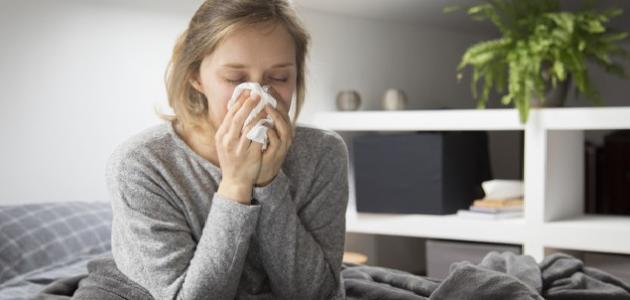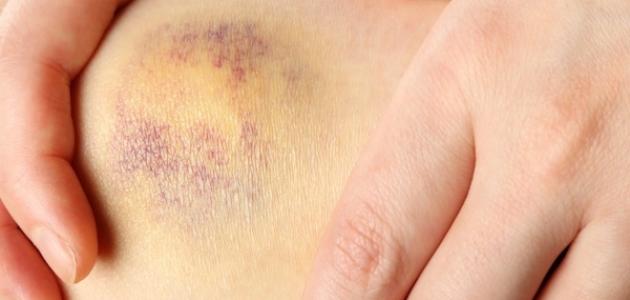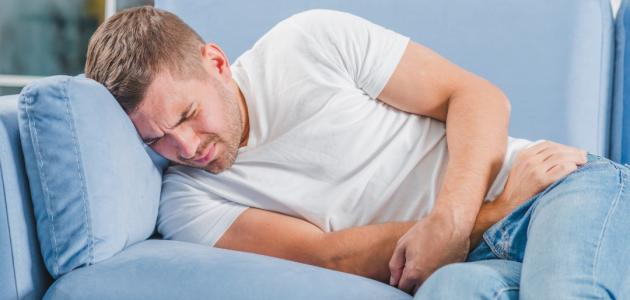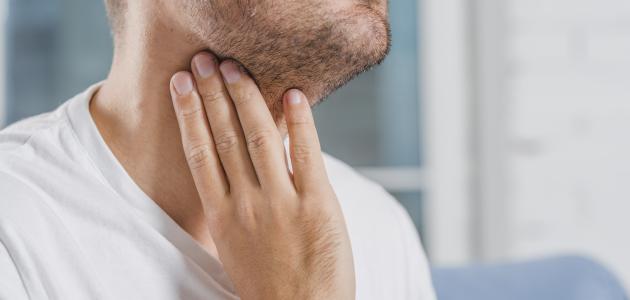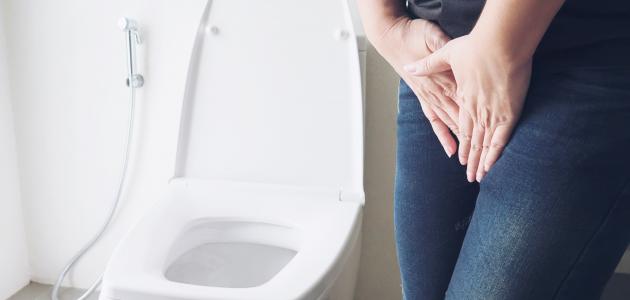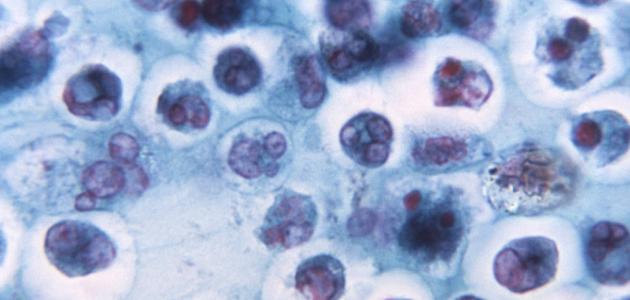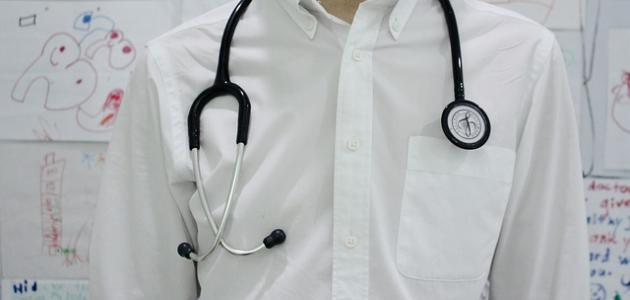flu symptoms
A person is exposed to influenza suddenly, and its symptoms may be similar to the symptoms of common colds, such as runny nose, sneezing, and sore throat, except that colds develop slowly, unlike influenza, and here comes a mention of some common symptoms that appear when infected with the flu:
- Sore throat feeling.
- fever; Where the body temperature exceeds 38 degrees Celsius.
- Nasal congestion.
- Feeling muscle pain.
- Weakness, fatigue.
- Sweating, chills.
- Suffering from a dry, continuous cough.
- headache;
Flu prevention
A person must protect himself from the spread of the virus that causes influenza. To avoid infection with it, and its complications, by avoiding touching the nose and mouth with the hand, washing the hands using soap and alcohol for the hands frequently, and frequently used surfaces in the home must be sterilized, or using disinfectant wipes, or sterilizing spray; Where the influenza virus lives for a period of up to eight hours, and a face mask can be worn when dealing with a person with influenza, and it is recommended to take the annual vaccination against influenza, as it protects against common strains of the virus that causes the disease, and it is recommended for everyone over the age of six months. It reduces the risk of getting sick by 50-60%.
Read also:Diagnosis of hemorrhoid disease and treatment of hemorrhoidInfluenza treatment
Antibiotics are not considered effective treatments for influenza. This is because the main cause of the disease is the virus, not bacteria, as pain relievers can contribute to relieving some symptoms, such as body pain and headaches, but a doctor should be consulted if the disease affects an elderly person, or when feeling chest pain and difficulty swallowing. breathing, or a high temperature for a period of more than four to five days, and here are some tips for people with influenza:
Read also:What are the causes of persistent vomiting?- Eat when possible.
- stop smoking.
- Avoid alcohol.
- Drink large amounts of fluids.
- Keeping warm and comfortable.
- Avoid contact with other people as much as possible.
